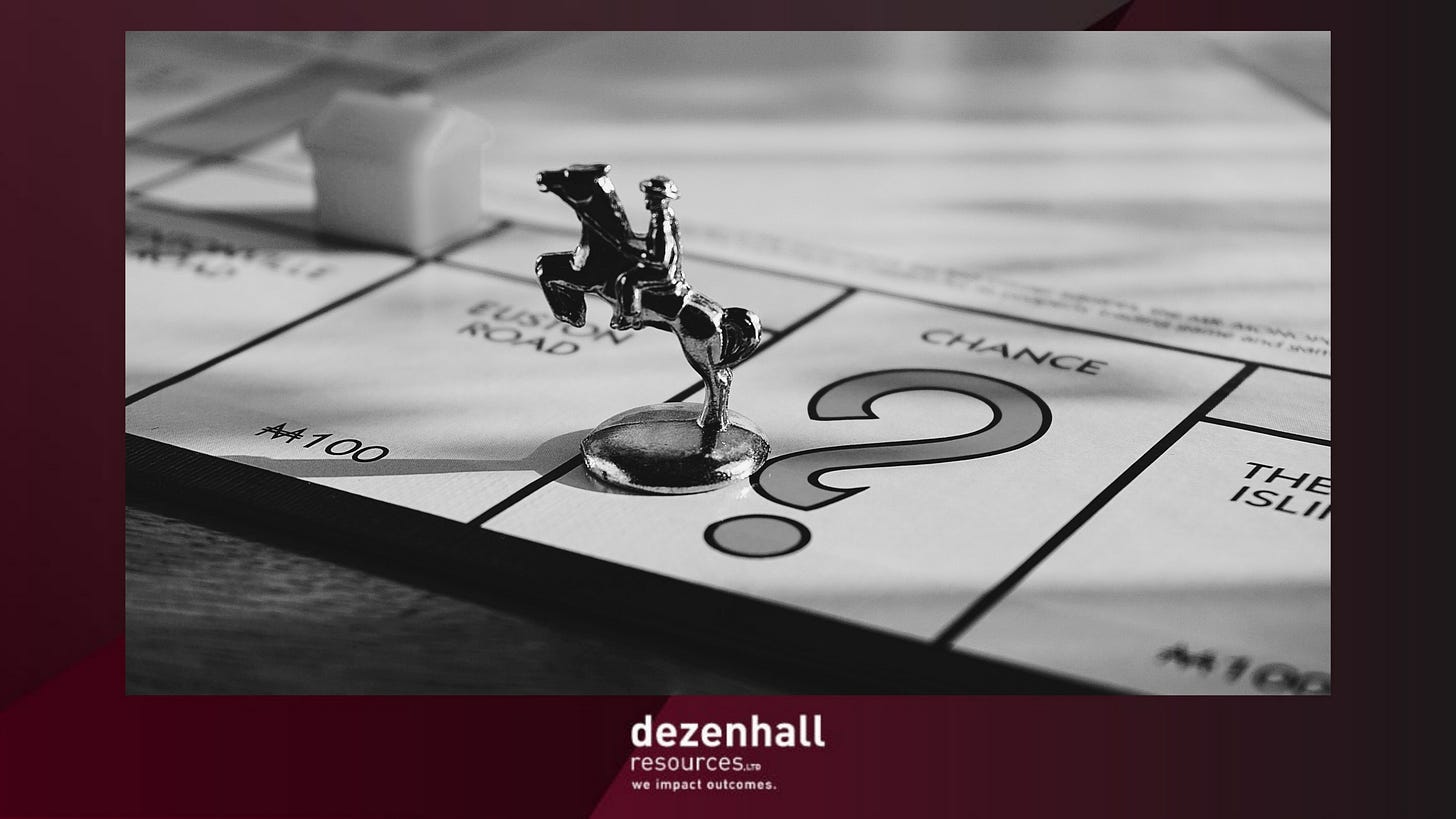What Adidas and Gap Tell Us About the Celebrity Crisis Business
It is challenging to write a crisis management newsletter without mentioning one of the biggest ongoing crises playing out in the media today – the fallout from Ye, best known as Kanye West’s, recent anti-Semitic comments and how brands are reacting. The lead author of this newsletter and Dezenhall Resources CEO, Eric Dezenhall, was on CNBC yesterday to discuss this exact topic.

Full disclosure, Eric has gone on that exact CNBC program in the past and butted heads with the same cast of communications pundits and talking heads who constantly call for the firing of the CEO. He was right to point out that the only solution for these brands is to drop Ye and do it swiftly and publicly. While this was the right move for the obvious reason that his comments were appalling and not just a one-off thought that slipped out but an entire portfolio of hateful thoughts, it shows a somewhat rare moment of clarity from these brands that there was no coming back from this. No crisis management magician was going to solve this for them. While this is true for many reasons, I want to tackle one of them: the celebrity effect.
Staying out of the celebrity business
Another point that Eric noted in his CNBC appearance: smart crisis managers will get out of the celebrity business. While there are many reasons for this – historically, these celebrities tend not to pay their bills if they feel they didn’t like the outcome of a situation, which is always (a lesson Eric has unfortunately learned numerous times) – the chief reason for this is that you cannot advise most major celebrities. Their life experience has taught them that they are always right, and their instincts are always right, so why would they listen to anyone else? This assumption of “right” has been one of Ye’s common retorts in interviews following his comments – he mentions that he is a billionaire, and the interviewer is not, so why would he care about their opinion (poetically Ye is no longer a billionaire according to Forbes’ estimate based on the latest brand deals that have gone away).
This mentality leads to another phenomenon we see in a fair amount of our corporate work; the principal of the crisis is typically the last to recognize that they are in a crisis. They view it as an unfortunate series of events instead of acknowledging that it is a concerted attack on their reputation by motivated adversaries waiting to pounce on any misstep and keep the negative headlines going.
While this is not the case with what has unfolded with Adidas and Gap, that mindset can be infectious for larger institutions.


